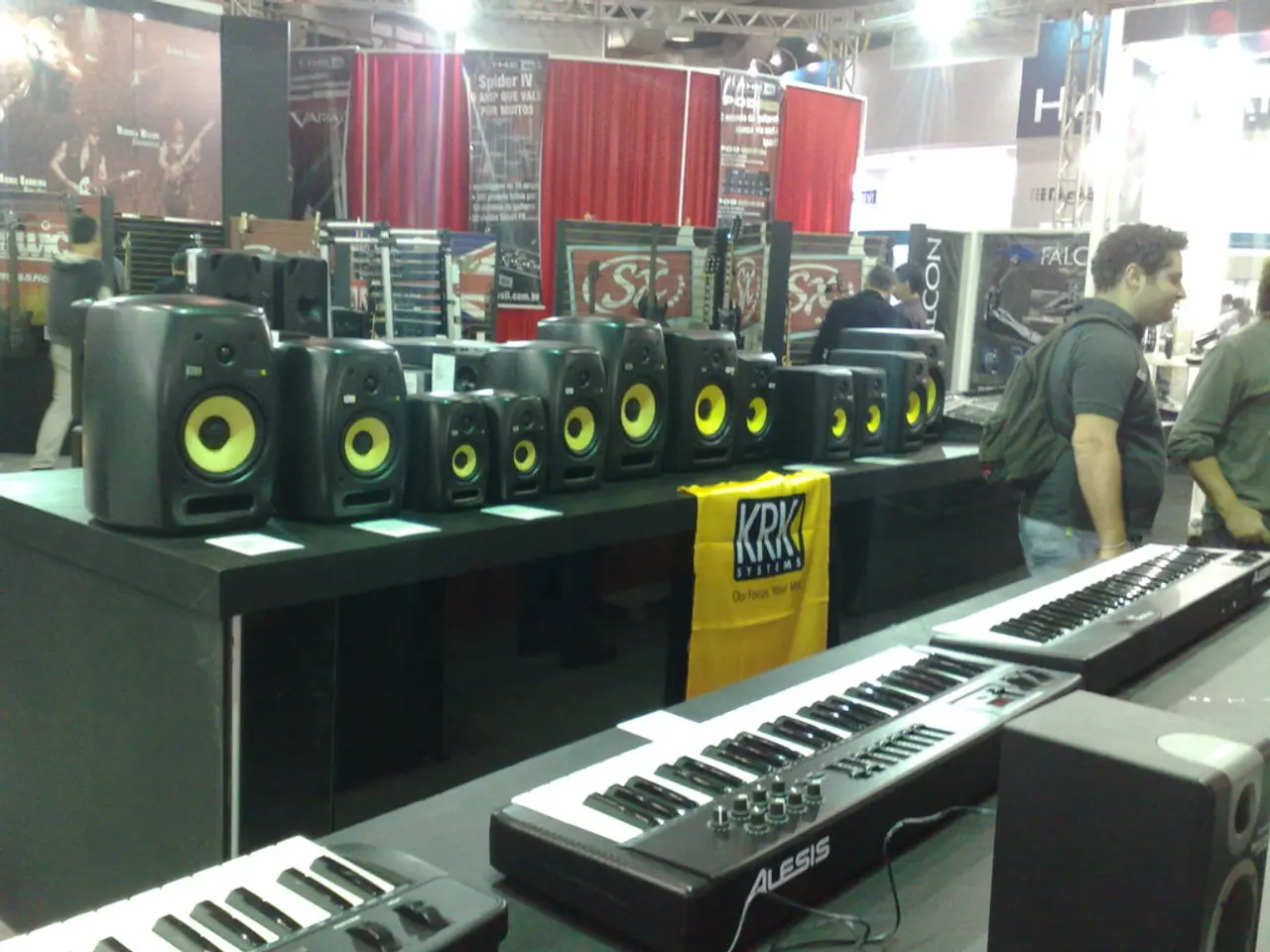Vibrant spirits for the Las Vegas Strip are reportedly low, according to a Deutsche Bank analyst's perspective.
Las Vegas, Nevada, and Macau, China, two of the world's gaming hubs, are navigating a cautiously optimistic landscape in 2025, with nuanced differences influencing their outlook.
In Las Vegas, commercial gaming revenue has experienced a slight decline year-over-year by 2.2%, despite the broader U.S. market growing 7.1% in gaming revenue. The city's casino market benefits from strong tourism growth, with inbound tourism to the U.S. increasing 36.3% from 2020 to 2025, which supports casino attendance. Investor sentiment is influenced by slow but steady growth and the push for innovative entertainment and non-gaming revenue expansion to offset volatility in traditional gaming.
On the other hand, Macau and the Asia-Pacific region are projected to grow at an impressive CAGR of 8.31% through 2030, driven by Macau’s market rebound and expanding new legal gambling markets in the region, supported by rising middle-class incomes. Macau's casino hotels continue benefiting from integrated resort models that blend gaming with diverse entertainment and hospitality services, which are growing fastest at a 7.20% CAGR. This diversification, along with digital gambling innovations such as mobile platforms targeting younger generations, fuels optimistic investor sentiment.
Globally, the casino and online gambling market has grown at a 7.4% CAGR over the past five years and is expected to exceed $287 billion in 2025. Online gambling, particularly mobile-based betting and lotteries, is expanding rapidly, driven by younger consumers' digital habits. Online gaming revenue, including sports betting and iGaming, grew 27.5% in May 2025 in the U.S., underscoring the shift towards digital channels. Casinos in both Las Vegas and Macau are increasingly investing in tech innovation and simplified gaming experiences to attract younger demographics, aligning with market-wide trends.
Steven Pizzella, a Deutsche Bank analyst, highlighted that cash-flow projections for the third quarter in Las Vegas are materially below Wall Street's consensus, and the new-project pipeline in Las Vegas is showing signs of slowing. However, he expressed hope for an easing of tensions between China and the United States, which could potentially boost Macanese revenue.
Investors are broadly in agreement that regional gambling revenue remains stable for the time being. The outlook leans towards hybrid models combining physical casinos with robust online gambling platforms to capture younger consumers and ensure revenue diversification. Whether the stability in regional gambling revenue is being driven by promotions is more debated, according to Pizzella.
In essence, while Las Vegas shows stable but pressured traditional gaming, both markets are pivoting strongly towards digital gambling and integrated resort experiences, shaping a growth outlook fueled by technology and demographic shifts.
Finance plays a crucial role in the success of casinos in Las Vegas and Macau. In Las Vegas, the commercial gaming revenue has experienced a slight decline despite the broader U.S. market growth, while Macau is projected to grow at an impressive rate, driven by expanding new legal gambling markets and rising middle-class incomes in the Asia-Pacific region. Both cities are pivoting strongly towards digital gambling and integrated resort experiences to capture younger consumers and ensure revenue diversification.




